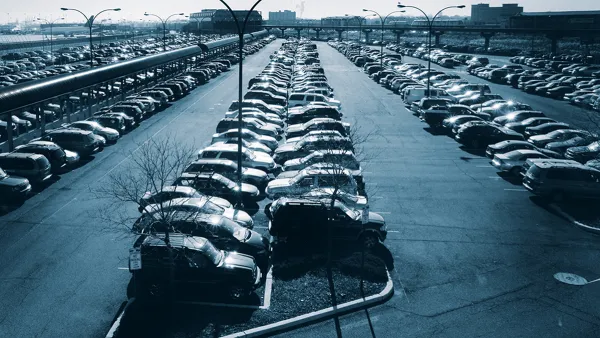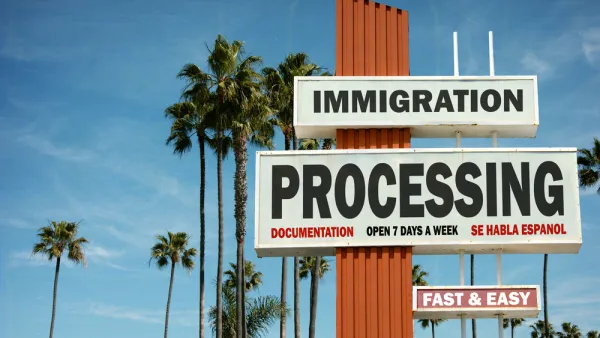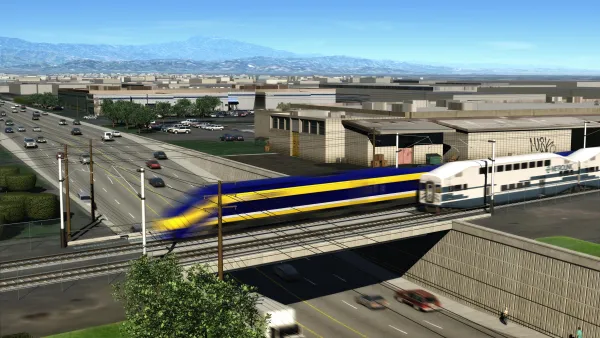Irvin Dawid discovered Planetizen when a classmate in an urban planning lab at San Jose State University shared it with him in 2003. When he left San Jose State that year, he took with him an interest in Planetizen, if not the master's degree in urban & regional planning.
As a long-time environmental activist, he formed the Sustainable Land Use committee for his local Sierra Club chapter and served six years on the Bay Area Air Quality Management District’s Advisory Council from 2002-2008. He maintains his interest in air quality by representing Sierra Club California on the Clean Air Dialogue, a working group of the Calif. Environmental Dialog representing business, regulatory and public health/environmental interests.
Major interests include transportation funding, e.g., gas taxes, vehicle miles traveled (VMT) fees, road tolls and energy subsidies that lead to unlevel playing fields for more sustainable choices.
He hails from Queens (Bayside) and Long Island (Great Neck); received an AAS in Fisheries & Wildlife Technology from SUNY Cobleskill and a B.S. from what is now Excelsior College.
After residing for three years on California’s North Coast, he’s lived on the San Francisco Peninsula since 1983, including 24 years in Palo Alto. Home is now near downtown Burlingame, a short bike-ride to the Caltrain station.
He’s been car-free since driving his 1972 Dodge Tradesman maxi-van, his means to exit Long Island in 1979, to the junkyard in 1988.
Major forms of transportation: A 1991 'citybike' and monthly Caltrain pass, zone 2-2. "It's no LIRR, but it may be the most bike friendly train in America."
Irvin can be reached at [email protected]

Editorial: A Compelling Case for a Carbon Tax
With record amounts of gasoline burned by America's passenger vehicle fleet which is increasing composed of light trucks rather than cars, and with Americans driving record distances, The Washington Post argues it's time for a carbon tax.

Hispanic Population Growth and Dispersion Slowed Since 2007
A comprehensive study on Latino population growth in the U.S. has been released by Pew Research Center based on a study of 2007-2014 census data. Two factors are responsible for the slowing growth: reduced fertility and immigration rates.

High-Speed Rail: What's Good for Texas Is Good for California
It's becoming clear that Texas will beat California to having the first all high-speed train on the continent. Ethan Elkind suggests three ways that success for Texas Central's Dallas-to-Houston line will benefit the struggling California project.
Another Transit Lesson for New York (and Other Cities) from Toronto
Just as Toronto's subway cars provide an example of the benefits that await New Yorkers when their new 'open gangway' cars arrive in 2020, Toronto's extensive streetcar network also provides an example for New York — of what not to do.

Wouldn't It be Nice if Legislators Were Rewarded for Voting to Increase the Gas Tax?
Surprisingly, legislators are rewarded for supporting new gas taxes: they get reelected, according to a new analysis by the American Road and Transportation Builders Association. What's more, they overwhelmingly hail from red states.

























